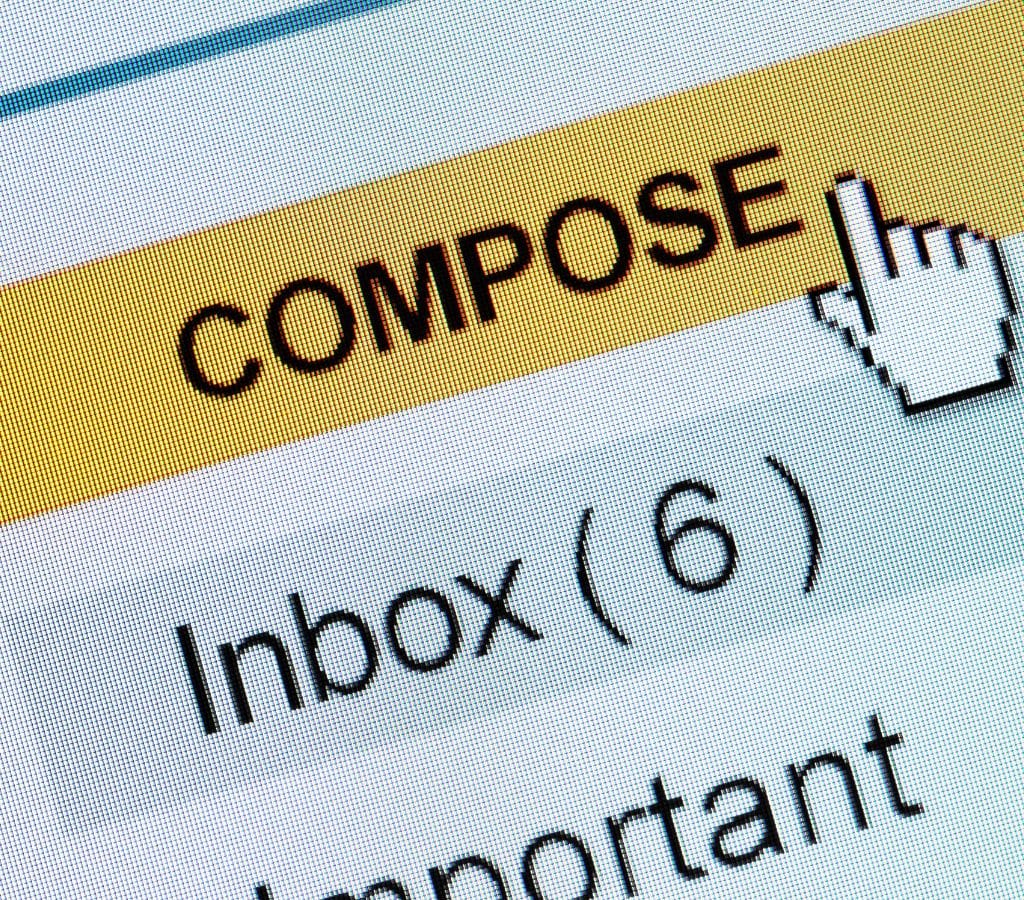Email subject lines are important because they help businesses communicate their products or services to customers. If you know how to write effective subject lines, you can make a big difference in whether someone opens your email or deletes it. So, we will discuss how to improve subject lines to get more traffic to your business.
How Important Email Subject Lines Are?
It's not enough to be creative when writing the subject line of an email; you need to think strategically about how to do it. This can have a big effect on the success of your email marketing campaign. In this article, we'll talk about why a good subject line is so important to the success of your emails.
- The subject line of an email is like a guardrail; it decides whether the email is read.
- A good subject line can get people's attention, make them curious, and make them want to click on the email and read it.
- Clarifying what you expect from the email's content makes it more relevant and improves the quality of the leads.
- Using the same subject line repeatedly builds trust and makes your brand stand out.
- A well-written subject line can increase click-through rates and sales, which is good for revenue.
- An interesting subject line helps your email stand out in a full inbox. It sets it apart from similar emails and increases the likelihood that the recipient will click on it.

How to Write a Good Email Subject Line?
- Clarity: If your subject line is clear, people will know what your email is about. Don't use hazy or unclear language that could lead people astray or confuse them.
- Relevance: Make sure that the subject line of your email matches what it's about. Fulfilling the promise in the subject line builds trust and keeps people interested.
- Create a Sense of Urgency: Focusing on limited-time offers, deadlines, or exclusive deals can get recipients to open your email. The words "Limited Time Only," "Ending Soon," and "Last Chance" may trigger urgency and prompt action.
- Make Personalization: Emails that include a recipient's name in the subject line feel more personal. So, make sure to add personalization tokens like the recipient's name or address.
- Use Actionable Language: When you write something, use words that make people want to do something. Using words such as "Discover," "Learn," or "Get Started" in your email can make it seem important and get people to open it.
- Length: Make sure your subject line is short and to the point. Email apps may cut off long subject lines, which makes them less powerful. Aim for between 40 and 60 characters to get the most attention and connection.
- Use Numbers and Lists: Make a clear offer of useful information to make the subject lines more structured and interesting. Try using phrases such as "5 Essential Tips," "10 Ways to Boost Your Productivity," or "3 Secrets for Success."
- Check and See: Use A/B testing with various subject lines to find the most effective one for your group.
A Good Email Subject Lines Examples
Looking at examples of good subject lines can give you ideas and help you figure out what works. So, here are some examples:
"Limited Time Offer: Get 50% Off Today Only!"
"Boost Your Productivity with These Time-Saving Tips"
"John, Your Exclusive Invitation Awaits!"
"Last Chance: Don't Miss Out on Our Biggest Sale of the Year!"
"How to Master the Art of Email Marketing"
These examples highlight ways to motivate individuals to act quickly, give them special invitations, and offer important suggestions. Looking at successful subject lines might help you figure out what readers like and use that in your email marketing.

What Not to Do When Writing Email Subject Lines
- Avoid All Capital Letters: If you don't want to look mean or annoying, don't use all capital letters in your subject line. Instead, use correct capitalization and strong wording.
- Avoid Using Too Much Punctuation: To keep the integrity and trustworthiness of your subject line, don't use too many punctuation marks.
- Do Not Mislead the Recipient: Make sure that the subject line of your email correctly describes what it is about. Do not use "bait and switch" tactics, and make sure that your email lives up to the expectations set by the subject line.
- Avoid Words That Set Off Spam Filters: Instead of using common spam alarm words, use real, relevant, and interesting language.
- Be Aware of Character Limits: Different email clients and devices have different character limits, so make sure your subject line fits and has an effect.

Testing and Improving Your Email Subject Lines
- A/B testing compares how well two different subject lines work by splitting the email list in half and sending a different subject line to each half.
- Open rates tell you how well your subject lines are performing, so you can make changes based on individual responses.
- Feedback is used to make changes and improvements, such as adding personalization, fun, or a sense of urgency.
- Dividing the audience into groups based on their demographics, tastes, or past actions can create a more personalized experience.
- Keeping up with email trends ensures that subject lines work with current tactics and increases the number of people who open and read emails.
You can make your email subject lines more effective and get better results from your email marketing efforts by testing, tracking, and always improving. In order to get the most out of your subject lines, you should do A/B testing, keep an eye on open rates, make changes based on feedback, divide your audience into groups, and keep up with email trends.
In conclusion, writing great email subject lines takes a mix of imagination, data analysis, and a deep knowledge of your audience. Using the ideas and tips in this article, you can write catchy subject lines that get people's attention, make them want to read more, and get them involved. But always remember that subject lines are what people see first when they open your emails and that spending time and effort writing good ones can have a big effect on how well your email marketing campaigns do.

